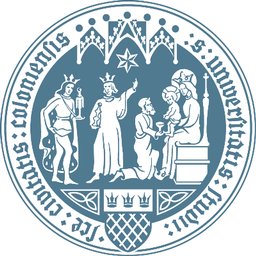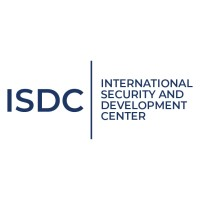for three years initially.
Research area:
The human gut microbiome plays a central role in shaping host health through the production and transformation of a vast array of metabolites. These microbial metabolic activities are strongly influenced by external factors such as nutrients, drugs, and other xenobiotics, and can critically impact host physiology, immune responses, and disease risk. Understanding how the microbiome metabolome is modulated by such exposures is essential for advancing personalized nutrition, drug efficacy, and toxicity prediction.
In this position, the postdoctoral researcher will investigate how xenobiotics, dietary components, and other environmental exposures influence the metabolic output of the gut microbiome. The project will combine targeted and untargeted metabolomics approaches, applied to both in vitro gut microbial cultures and microbiome-colonized model systems. The candidate is expected to employ high-throughput analytical pipelines using techniques such as mass spectrometry (e.g., LC-MS/MS) and integrate data with microbiome profiles to systematically characterize microbial metabolic responses, microbial transformation pathways and host-relevant metabolites.
We are seeking applications from highly committed and enthusiastic postdoctoral researchers to start in December 2025.
Candidate’s profile:
Doctoral degree in microbiology, biochemistry, analytical chemistry or related discipline. Candidates about to obtain their degree are welcome to apply
Strong hands-on experience in metabolomics, particularly with LC-MS/MS techniques, including both targeted and untargeted workflows
Experience with data processing and analysis tools for metabolomics. Familiarity with metabolic pathway analysis and flux modeling is desirable
Experience with microbial metabolism and in integrating metabolomics data with microbial taxonomic or functional profiles is desirable
Experience with automated or high-throughput screening platforms is a plus
Competence in data analysis pipelines using R or Python
Ability to perform team-oriented and independent work
Willingness to take responsibility in the lab and to supervise students
Very good communication skills in English, both written and spoken
We offer:
The successful candidate will be hosted in the Department of Deep Microbiome Metabolomics. We offer an interdisciplinary scientific project, in an environment with excellent technical capacities and a strong collaborative network. The Leibniz-HKI is embedded in the outstanding scientific environment of the Beutenberg Campus providing state-of-the-art research facilities and a highly integrative network of life science groups.
Salary is paid according to German TV-L (salary agreement for public service employees).
For further information
Prof. Dr. Sarela Garcia-Santamarina | [email protected]Applications
Leibniz-HKI is proud to be an equal opportunity employer and promote diversity and inclusion in the workplace. It aims to increase the proportion of underrepresented groups in case of equal suitability. All qualified persons, regardless of color, religion, age, sex, sexual orientation, gender identity, national origin, disability, veteran status, or other classification protected by law will receive consideration for employment.Complete applications in English should include a cover letter, a CV containing a complete list of publications, a brief statement of research experiences, a certificate of study / transcript of records and the addresses of two possible referees and should be submitted The deadline for the advertisement is October 5, 2025, but applications will be reviewed on a rolling basis.
______________________________________





